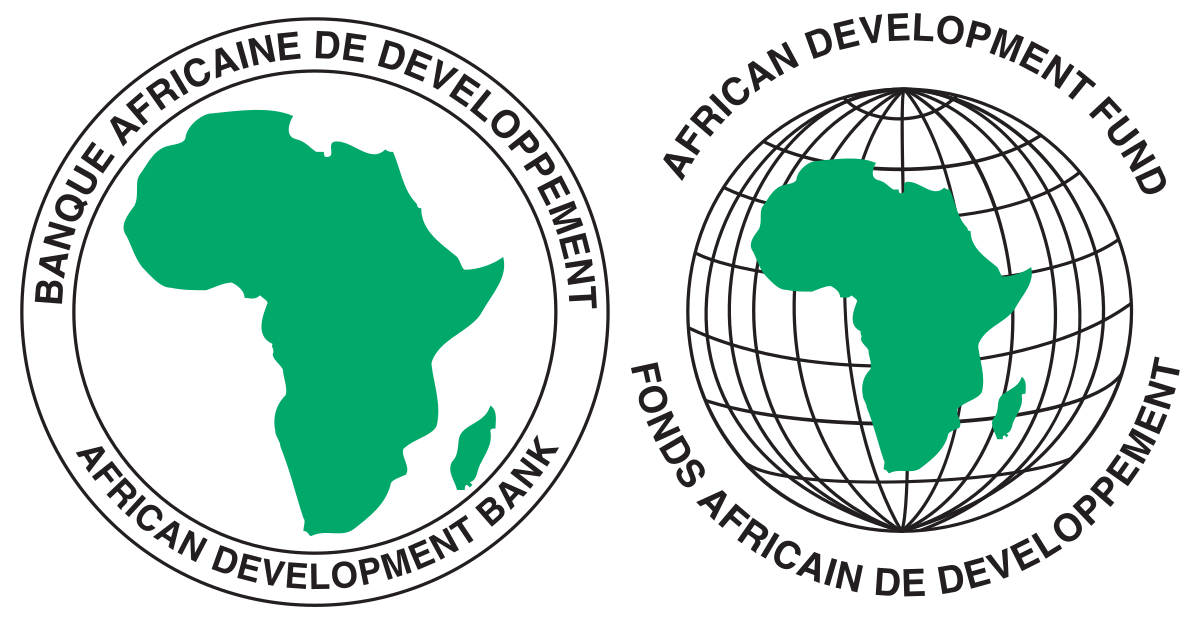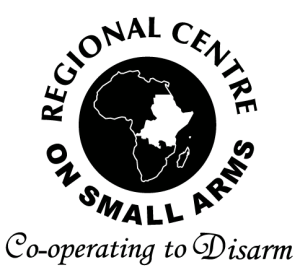
The proliferation and misuse of small arms is a worldwide, progressively complex and multifaceted phenomenon that has affected people from all backgrounds.
In 2014, the Bank extended a grant of UA 1 million to RECSA for an 18-months Technical Assistance and Capacity Building Project, which was successfully implemented. The partnership between the AfDB and RECSA espoused the recognition of the mandate of RECSA and showed that reduction of the proliferation of small arms can enhance the stability of the region and its member states.
Based on the successful implementation, the Bank further extended another grant to RECSA in May 2018 entitled: Strengthening Regional and National Institutions for Reduction of Proliferation of Small Arms. The Project comprised three interrelated components, namely: Institutional Strengthening and Capacity Development; Strengthening Arms management at Member States’ level in selected member states; and Project Management.
The proliferation and misuse of small arms is a worldwide, progressively complex and multifaceted phenomenon that has affected people from all backgrounds. Due to their easy availability, low cost and manageability, small arms and light weapons (SALW) have become the weapons of choice in most conflicts in the world today. This has resulted in raised levels of fragility and armed violence even in areas at peace. Over the past two decades, the Horn of Africa, the Great Lakes Region and the Bordering States have experienced some of the most dangerous armed conflicts in Africa.
The subsequent fragile situations which led to the recent warfare in a number of countries such as DRC, Central African Republic (CAR), Burundi, Sudan (SS), Sudan, Mali, as well as Nigeria, further illustrate how SALW and their illicit circulation contribute to rapid and violent shifts of political regimes, instability, humanitarian crisis, and terrorism, undermining regional economic integration efforts with devastating impact across the region.
There is an emerging consensus that there are negative and mutually reinforcing links between armed violence, insecurity and development and that armed violence and insecurity have profound and long-term negative consequences for states, societies and the quality of people’s lives. Small arms and light weapons (SALW) as tools of choice in armed conflicts is a major driver of fragility that weakens societies/nations’ resilience. The proliferation of small arms constitutes a threat to human development, good governance and democratic consolidation. The recognition of the interdependence of security and development can be articulated in the relationship between poverty, marginalization and inequality, lack of opportunity and causes of violence (RECSA Strategic Plan 2016-2020).
